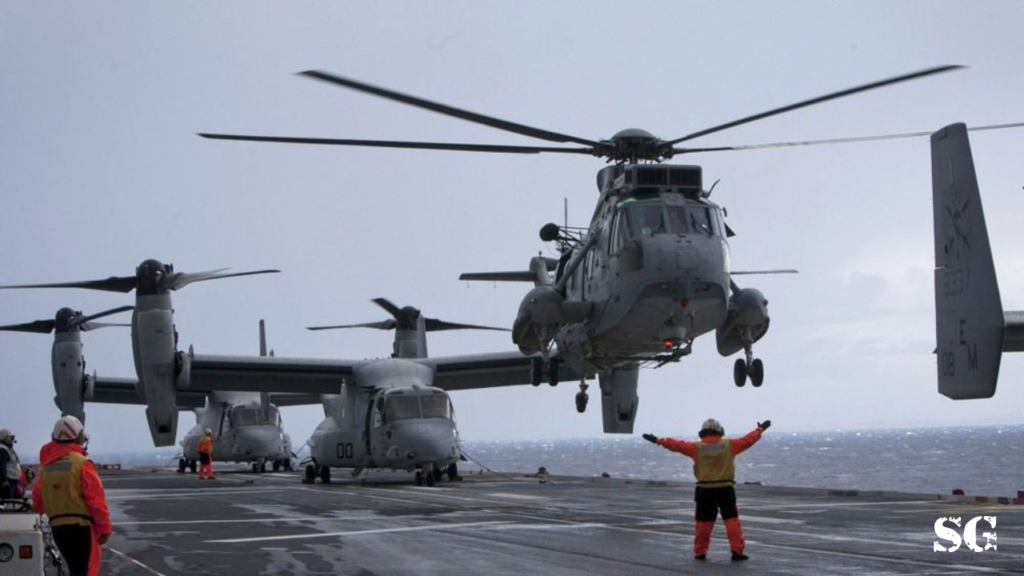Table of Contents

Spain Plans to Raise Defense Spending to 2% of GDP of 2029
Spain’s Commitment to NATO Defence Spending
Spain has announced plans to raise its defence spending to 2% of its gross domestic product (GDP) well before its initial target of 2029. However, the government has not set a specific new deadline for reaching this goal, according to Defence Minister Margarita Robles.
Among NATO’s 32 member states, Spain currently has the lowest defence expenditure as a percentage of its economic output, standing at 1.3%. Achieving the 2% target will require an additional annual investment of approximately 10 billion euros ($10.8 billion).
Accelerated Timeline in Response to NATO Expectations
Last week, NATO Secretary General Mark Rutte stated in a speech in Warsaw that Spain was expected to meet the 2% target by the summer. In response, the Spanish government assured Rutte that it would make efforts to get closer to the target by that time.
Defence Minister Robles, speaking at an event in Lisbon, emphasized that meeting the obligation was more important than setting specific deadlines. “It’s not so much a problem of deadlines, but I believe that well in advance, before 2029, we will meet our obligations… We are working on it in a serious and rigorous manner,” she said.
Portugal Also Plans to Increase Defence Spending
Portugal’s Defence Minister, Nuno Melo, expressed similar intentions, highlighting the need for increased investment in military equipment and technology. Portugal spent 1.55% of its GDP on defence last year and is looking to bolster its military sector while maintaining economic stability and social benefits.
“We will reinforce spending on defence, ensuring the balance of the budget and the preservation of social benefits,” Melo stated. He also encouraged investors to consider opportunities in Portugal’s defence sector.
Business Leaders and EU Diplomats Weigh In
Antonio Garamendi, head of Spain’s main business association CEOE, supported increased defence spending, stating that Spain’s pacifist policies should not be an obstacle. “The only way to have peace is to have prevention so that we aren’t attacked,” he said.
Prime Minister Pedro Sánchez has reassured NATO allies that Spain will contribute to European defence efforts. However, he has suggested that geographically distant countries should focus on countering cyber threats rather than stockpiling weapons.
Kaja Kallas, the European Union’s top diplomat, countered this viewpoint in an interview with Spanish newspaper El Mundo, saying: “Although Russian tanks are not reaching the Pyrenees, we have to stick together on this. All Europeans helped Spain and other countries during COVID, and now we must be united on military spending. Solidarity is our greatest defence.”
Concerns About Unequal Defence Contributions
NATO Secretary General Rutte raised concerns about disparities in defence spending across NATO members. He criticized what he described as a “two-tier NATO,” where countries closer to Russia invest significantly more in their military than others.
“The difference between a missile attack on Warsaw or on Madrid is 10 minutes,” Rutte warned, underscoring the importance of equal commitment to defence spending among all alliance members.
“Spain Plans to Raise Defense Spending to 2% of GDP of 2029” “Spain Plans to Raise Defense Spending to 2% of GDP of 2029” “Spain Plans to Raise Defense Spending to 2% of GDP of 2029” “Spain Plans to Raise Defense Spending to 2% of GDP of 2029”